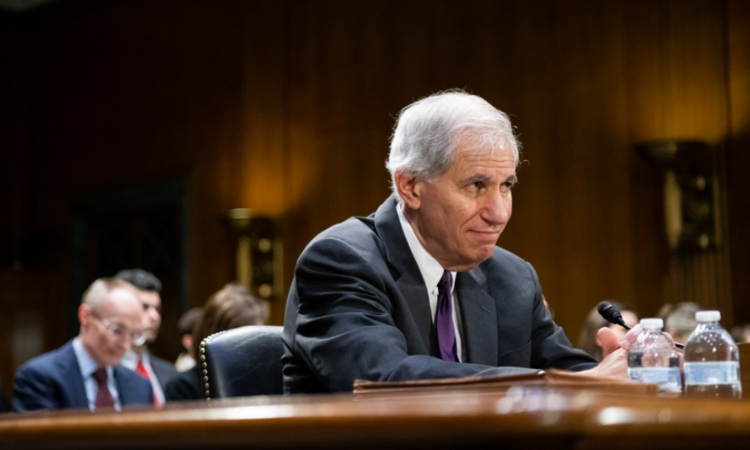
Senior officials from the Federal Reserve, FDIC and the Treasury testified at each. The hearings featured competing narratives on the failures, between some Democrats who primarily blamed regulatory relief measures by Congress and regulators in 2018 and 2019, and Republicans and some other Democrats who focused more on basic failures in risk management and supervision. Republicans also continued to express concerns about why the FDIC was not able to arrange a sale of the banks sooner. The regulators defended their actions in response to the failures and are conducting their reviews of the supervision and regulation of these institutions, which are due on 1 May. We consider the prospects for action on a few key policy issues below.
- Deposit insurance coverage. An increase in the deposit insurance coverage limit would need to be enacted by Congress. By 1 May, the FDIC will issue a report with policy recommendations on the appropriate level of deposit insurance coverage. There has been some bipartisan interest in raising the limit. However, given differing opinions on the appropriate level and on the costs and benefits of raising the limit (to say nothing about interest in tying an increase to other reforms), we don’t see a realistic path for a legislative change at this point.
- Bonus clawbacks. There also is bipartisan interest in legislation to claw back executive compensation in failed banks, but the details of getting this right are tricky. The Dodd Frank Act included a clawback provision, but regulators have been unable to implement that requirement almost thirteen years later. This proposal is unlikely to be acted on, but it will continue to be discussed given its popularity with the public.
- Changes to regulatory requirements. Any legislative change to roll back regulatory relief from 2018 is a nonstarter in the Republican House. However, regulators have plenty of discretion to raise prudential regulatory requirements under that 2018 law. While regulators have yet to conduct their reviews, the Biden administration already has outlined a detailed set of potential changes to capital, liquidity and other requirements that it would like to see regulators implement. Republicans will push back against any such efforts, arguing that potential lapses in supervision shouldn’t be a basis for changes to regulatory requirements. Nonetheless, some regulatory tightening seems likely.
Debt ceiling posturing. House Speaker Kevin McCarthy (R-CA) and President Biden this week pointed fingers at each other for a lack of progress in advancing an increase in the debt ceiling. Since neither has put forward a solution that can pass either the House or Senate, both of them will have to negotiate at some point, though there hasn’t been the urgency to engage in meaningful negotiations just yet. One likely catalyst will be Treasury Secretary Janet Yellen’s announcement sometime next month after Tax Day (18 April) of a new “X-date.” The X-date is the effective date when the government will run out of room to maneuver with extraordinary measures and can no longer meet all of its obligations. The X-date will provide an operative deadline for negotiations, and no progress will be made other than further posturing until it is announced.
Energy priority #1. The House passed a comprehensive energy reform bill that Republican leaders have made their top priority this year. The bill is important not because it will be acted on by the Senate (it won’t), but because it contains energy infrastructure permitting reforms that could have broad bipartisan support in the Senate. The process for federal permitting of energy projects (both fossil fuel and sustainable energy) is laborious and time-consuming and can be a deterrent to getting needed investments. The House bill’s proposed reforms, which include time limits on reviews, would give industry more of an incentive to invest in and develop energy projects. We expect many lawmakers will insist that these permitting reforms be included in any debt ceiling compromise.
For more, read Washington Weekly 31 March 2023.
Please note that this item is approved for use with clients and prospects.
(For Public Distribution) Expiration: 3/31/24 Approval date: 3/31/2023 Review Code: IS2302108





